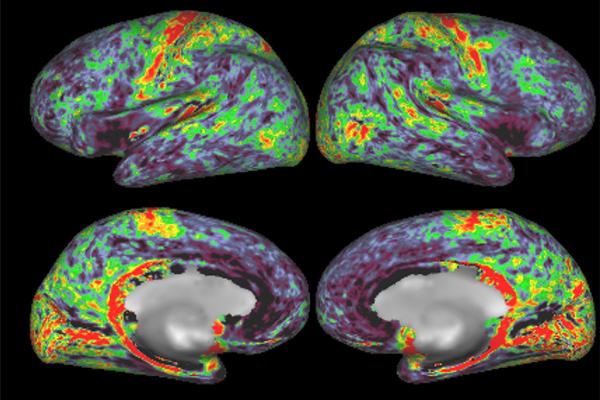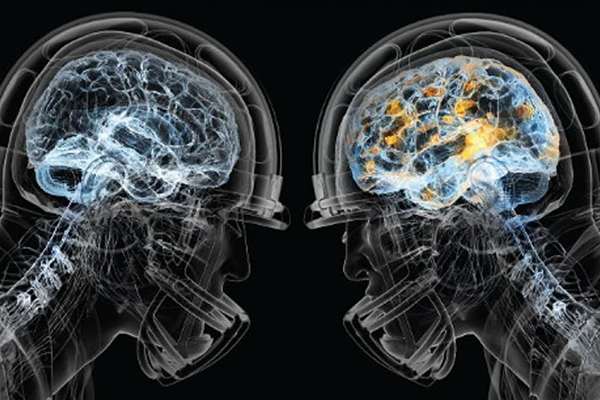News

Richard Petty discusses roots of extremism on NBC 4's "The Spectrum"
Commenting on a recent neo-Nazi march in Columbus, Professor Richard Petty shares insights from his research on the origins of extreme attitudes and behaviors.

Jennifer Cheavens quoted in USA Today
In a story about crying on airplanes, Professor Cheavens explains how air travel can heighten emotional vulnerability.

WBNS-10TV highlights Ohio State research on domestic violence and traumatic brain injury
Associate Professor Jasmeet Hayes discusses a new study with the Ohio Domestic Violence Network that will examine the impact of intimate partner violence on survivors' brains.

Parasocial relationships can tell as a lot about the social brain
Associate Professor Dylan Wagner speaks with Scientific American about “parasocial relationships”: the connections people feel with celebrities, social media stars and fictional characters.

Arts and Sciences alumni lead the way in suicide prevention
Ohio State psychology alumnus Austin Lucas leads suicide prevention programming, training, events and education for the Ohio Suicide Prevention Foundation.

Invisible Injury: MINDSET Lab at Ohio State takes progressive look at traumatic brain injuries
The MINDSET Lab at Ohio State studies the diverse causes of head injuries and how to best recover from them.

Why children can’t pay attention to the task at hand
A new study co-authored by professor Vladimir Sloutsky brings scientists closer to understanding why children "over-explore."

Ambivalence + polarized views can promote political violence
A new study co-authored by doctoral alumnus Joseph Siev and professor Richard Petty suggests that people go to violent extremes to compensate for attitudinal discomfort.

A university lecture, with a dash of jumping jacks
A new study by associate professor Scott Hayes finds possible value in class exercise breaks.
